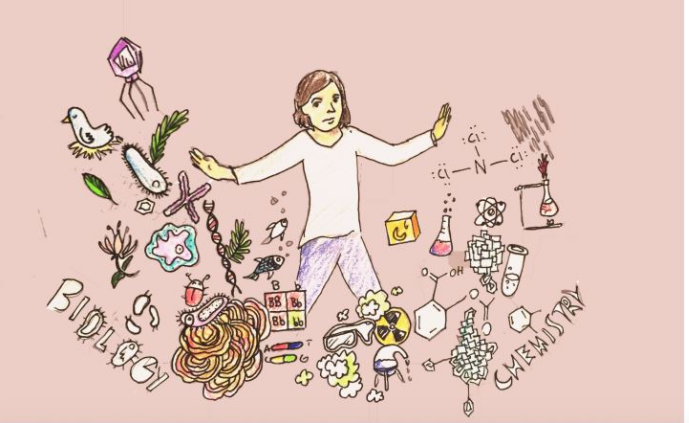By: Sophie Driscoll ’19
Beginning with the 2017-2018 school year, science classes will undergo a series of changes in accordance with the Next Generation Science Standards (NGSS), which will replace the standards tested by the Connecticut Academic Performance Test (CAPT).
The CAPT test will no longer be administered to sophomores. Instead, beginning with the class of 2020, juniors will be required to take the NGSS assessment.
Although they will be implemented at Staples for the first time next year, the NGSS were adopted by the State of Connecticut almost two years ago. They are a national set of standards, and they have been adopted by a total of 26 states.
Changes to science curriculum will be phased in gradually. In the 2017-2018 school year, the biology curriculum will be modified. In the 2018-2019 school year, the chemistry curriculum will change. Finally, in the 2020-2021 school year, the physics classes will become a physics-earth science hybrid.
The NGSS encourages learning through “discovery and collaboration,” science department head Dr. AJ Scheetz said. This means that instead of having teachers present information to students directly, they will be asked to generate questions about subject matter and work with classmates to find answers.
“I think learning by discovery and collaboration has really increased how much I keep in my head and remember,” one of Camillo’s students said in an anonymous survey. “Being active and hands-on with the assignment helps me learn greatly.”
Some students, however, feel as though the curriculum changes are nonessential.
“I have heard a little bit [about the curriculum changes], but I don’t know the specifics,” Lily Kane ’20 said. “Personally, I don’t think any changes are necessary.”
Incoming freshman will also be offered the opportunity to take Accelerated Science, a new two-year program incorporating aspects of biology, chemistry and Earth sciences, all of which will appear on the NGSS exam. Essentially, over the two-year period, the course teaches students the material that would normally be taught to them in a three-year sequence.
Accelerated Science will be taught by current AP environmental science, horticulture and environmental studies teacher Michael Aitkenhead, who says he has spent the past two years “doing extensive reading and professional development,” as well as taking online courses, in order to learn about the NGSS and the most effective way to teach the class.
“The hope is to cover all the [NGSS] standards in a two-year course sequence instead of three,” Aitkenhead said. “The accelerated approach lends itself more to making connections across the disciplines, which students may find more appealing.”
Physics and computer science teacher David Scrofani noted that it is important that accelerated science focuses on integrating only the most important aspects of biology, chemistry, physics and earth science.
“What you want to avoid is just having teachers take what they already do [and] compartmentalize it,” he said.
Additionally, some teachers are opposed to potentially moving away from teaching their areas of expertise if they were to teach the Accelerated Science course in the future.
“They’re nervous, obviously,” Sheetz said. “It’s very easy to commit to memory a specific set of facts and understand relationships and so on and so forth, but when you’re letting the students generate the questions, they don’t always ask the questions you want them to ask and that you feel comfortable answering.”
Aitkenhead, however, notes that, while adopting new standards may be difficult, the introduction of NGSS-standards and accelerated science may prove beneficial to students.
“It is an attempt to take a leap and try something new, rather than simply stick to what we already do for no better reason than ‘that is how it’s always been done,’” Aitkenhead said. “The new course may be dramatically better than the traditional sequence, but it could very well be far worse. We won’t know, though, unless we give it a serious try.”












































